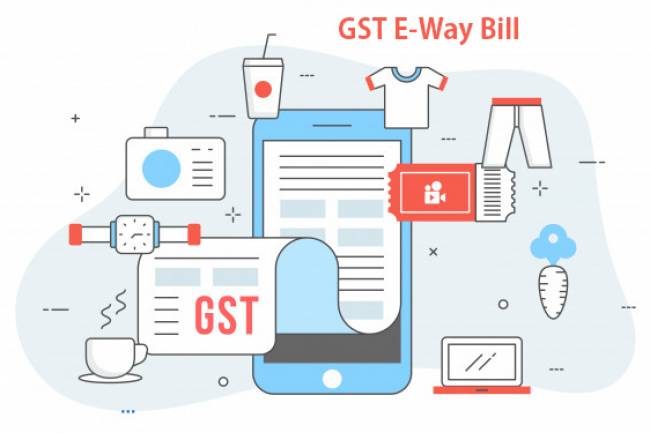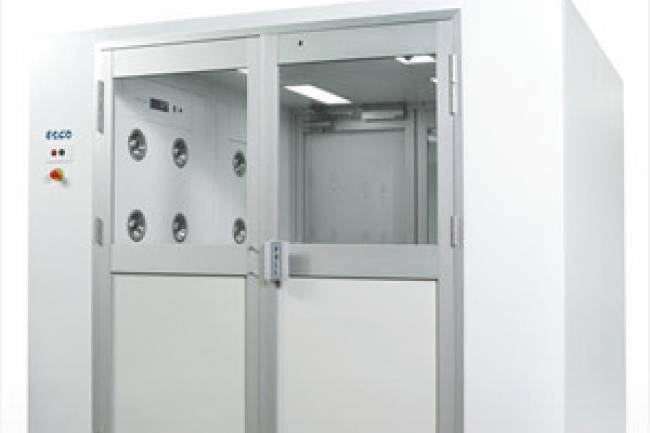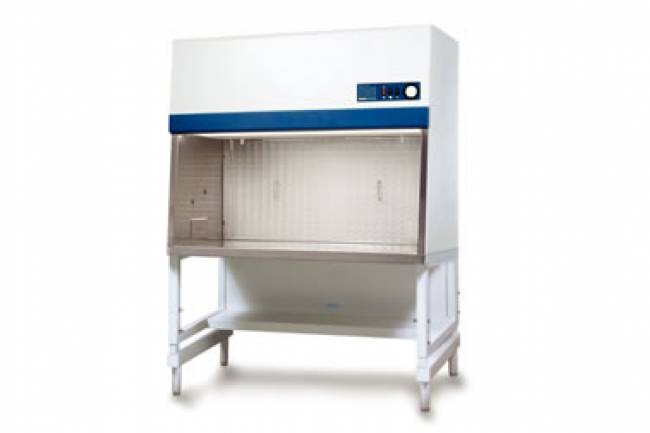
10 Top Tips for Saving Energy in Your Small Business
Saving Energy is good for the environment and may help your small business's bottom line in today's environmentally concerned culture. Lower your energy use and expenditures by installing energy-saving measures. In this post, we will look at 10 of the best energy-saving techniques for small businesses, covering everything from analyzing energy use to weighing the long-term advantages of energy efficiency.
Understanding Energy Consumption in Small Businesses
Energy is necessary for the day-to-day operations of small enterprises. Understanding how your company consumes Energy allows you to discover areas for improvement and take action to eliminate wasteful use. Here are a few significant considerations:
The Role of Energy in Business Operations
Heating and cooling systems are another major source of energy usage. Energy-efficient heating systems, appropriate insulation, and routine maintenance may all help small companies save Energy while maintaining a comfortable interior atmosphere.
Operating equipment, such as computers, printers, and machines, also need a significant amount of Energy. Implementing energy-saving features, shutting off equipment when not in use, and investing in energy-efficient models can all help substantially reduce energy use in this area.
Identifying Energy Wastage
Conduct an energy inspection to discover possible energy waste sources. Inefficient equipment, inadequate insulation, or energy-intensive operations are examples of this. It helps identify locations where Energy is being wasted and makes suggestions for improvement. During Inspection, specialists examine energy bills, evaluate equipment, and estimate the facility's energy efficiency.
Inefficient equipment can contribute significantly to energy waste. Upgrading to energy-efficient versions can lower energy usage and long-term costs. Regular maintenance and calibration of equipment can also assist in increasing energy efficiency.
Inadequate insulation can cause severe energy losses. Inspecting and upgrading insulation in walls, windows, doors, and roofs can assist in reducing heat transmission and the need for energy-efficient heating systems. Small firms may minimize their energy use and environmental effects by identifying and improving these procedures.
Implementing Energy-Saving Measures
When you thoroughly grasp your energy use, it is time to put energy-saving strategies into action. You may lessen your environmental effects while saving money by enhancing energy efficiency. Here are some simple steps to get you started:
The Importance of Energy Efficiency:
Encourage a culture of energy efficiency within your small business by highlighting the benefits – cost savings, reduced environmental impact, and improved sustainability.
Steps to Reduce Energy Usage:
Implement simple practices such as turning off lights and equipment when not in use, optimizing temperature settings, and utilizing natural light whenever possible.
-
Energy Efficiency
It is promoting energy efficiency in your small company. This is significant because it lays the groundwork for energy savings. Energy efficiency advantages should be explained to staff. Conduct workshops or training to demonstrate how energy-saving techniques benefit the environment and the organization. Share tales of companies that adopted energy-saving measures and saved much money.
-
Free Schemes
Consider offering free schemes to encourage energy-saving behavior among staff. This might involve rewarding people or teams who regularly save Energy by turning off lights and equipment or introducing new energy-saving methods.
-
Educate Employees
Include energy efficiency in your company's values and purpose. Integrating it into your core values shows workers and stakeholders that sustainability and environmental responsibility are essential to your organization.
-
Your small company may employ many basic energy-saving techniques to make a big difference.
-
Emphasis on shutting off lights and equipment when not in use.
-
Use natural resources for heating wherever feasible.
-
Adjust thermostats for comfort and energy efficiency. Reduce the heating temperature in winter and increase it in summer.
-
These energy-saving solutions reduce your carbon footprint and electricity costs.
Technology and Energy Efficiency
Technological advancements have transformed the way small companies may increase their energy efficiency. You may make considerable efforts toward minimizing your energy use and environmental effects by selecting energy-efficient equipment and leveraging technologies for energy management.
Energy-Efficient Appliances for Small Businesses
Investing in Energy Star-certified energy-efficient appliances and equipment is a wise step for any company wishing to reduce energy waste. These appliances are intended to use less Energy while providing the same level of performance, ensuring that your company operations stay efficient while lowering your carbon impact. Refrigerators and HVAC systems, for example, use modern technology such as variable speed compressors and intelligent sensors to optimize energy use depending on real-time demands.
Energy-efficient appliances not only help you save money on power costs, but they also contribute to a healthier workplace. These appliances produce less heat, require less cooling, and enhance overall comfort for your staff and consumers. They often make less noise, resulting in a calmer and more pleasant workplace.
Utilizing Technology for Energy Management
Embracing energy management technology may give your company significant information about energy use trends and potential for improvement. Energy management software and intelligent gadgets make monitoring and regulating your Energy use simple.
For example, smart thermostats and lighting systems provide even more control and automation. These gadgets can learn your company's occupancy patterns and change temperature and lighting appropriately, reducing energy waste while places are empty. They may also be remotely operated, enabling you to make changes and monitor energy use while not on-site. Some energy management technologies integrate with renewable energy sources, such as air-source heat pumps or boilers, enabling you to maximize your use of clean, sustainable heating.
Employee Engagement in Energy Saving
Staff engagement is a significant motivation for energy-saving efforts at small businesses. Employees play a major role in minimizing energy use. Here's how you can get your employees involved:
-
Promoting Energy Awareness Among Employees: Educate your staff on the value of saving Energy and give them valuable suggestions for lowering energy use in their daily activities.
-
Involving Employees in Energy-Saving Initiatives: Encourage your team to participate in energy-saving initiatives. To build a culture of sustainability, set targets, hold contests, and praise energy-saving actions.
Evaluating the Impact of Energy-Saving
It's essential to assess the effectiveness of your energy-saving measures and track your progress over time. Measuring energy savings allows you to identify successful strategies and areas that need improvement. Consider the following:
-
Calculating Energy Savings: Track and analyze your energy use using monitoring tools. To analyze the impact, compare data before and after applying energy-saving measures.
-
The Long-Term Benefits of Energy Efficiency for Small Businesses: Consider the long-term benefits of energy efficiency. These may include lower energy expenses, enhanced brand reputation, happier employees, and a beneficial environmental effect.
Conclusion:
By following these ten best suggestions for conserving Energy in your small business, you may significantly reduce both your environmental impact and your company's financial health. Remember that every small step toward more outstanding energy efficiency matters, and the benefits are well worth the effort.












